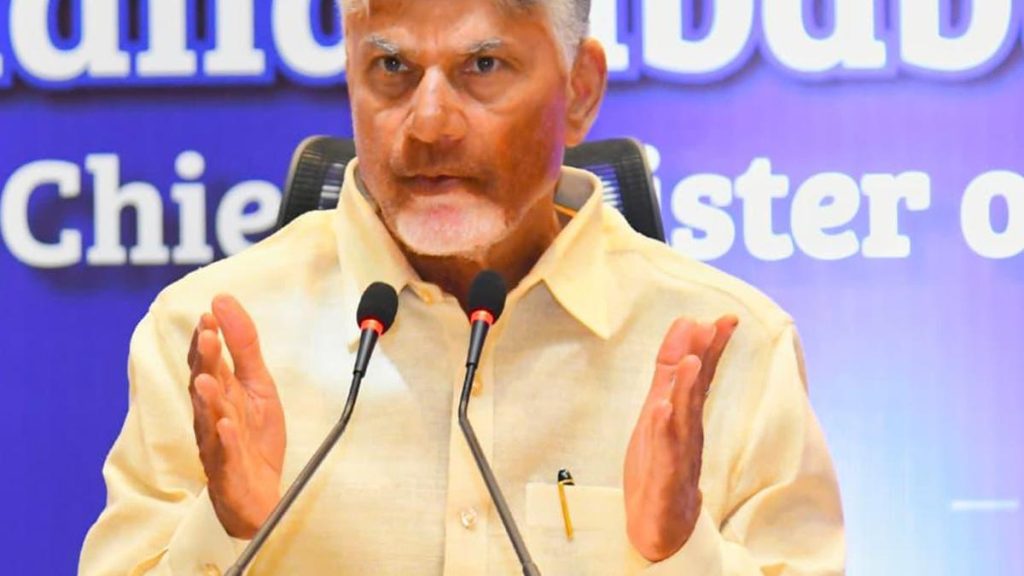Now Reading: Rajasthan Assembly Approves Bill to Regulate Coaching Centres Amid Protests
-
01
Rajasthan Assembly Approves Bill to Regulate Coaching Centres Amid Protests
Rajasthan Assembly Approves Bill to Regulate Coaching Centres Amid Protests
Fast Summary
- Legislation Update: Rajasthan Assembly passed the revised Coaching Centres (Control and Regulation) Bill, 2025 on September 4, 2025. The bill aims to regulate coaching centres following multiple student suicides.
- Key Amendments:
– Threshold for regulation raised from coaching institutes with over 50 students to those with over 100.
– Fine structure modified: ₹50,000 for the first offense, ₹2 lakh for the second offence, and cancellation of registration for further violations (earlier fines proposed were ₹1 lakh and ₹5 lakh).
– Mandates registration of all coaching centres and sets minimum operational criteria.
– Ensures fee refunds if a student discontinues studies midway; lump sum fees prohibited.
- Opposition Response:
– Congress claimed provisions were “watered down,” criticized reduced penalties and lack of measures addressing student suicides. Raised concerns over bureaucratic interference in regulation enforcement committees.
– leader of Opposition flagged absence of guidelines barring students under age 16 from registering at coaching centres as per center’s instructions.
Indian Opinion Analysis
The legislation underscores an urgent governmental effort to establish accountability within a burgeoning coaching industry amidst rising concerns about student welfare in Rajasthan. By implementing stricter registration requirements, refund provisions, and regulating fee structures, it offers baseline safeguards intended to improve clarity without stifling the sector outright.
Though, opposition critiques highlight potential gaps-the softer penalties compared to earlier drafts may dilute its deterrent impact while excluding younger students under regulatory purview is viewed as ignoring national guidelines.Additionally, concerns around bureaucratic dominance might impede swift enforcement reforms.
While this bill represents progress toward systemic oversight in response to tragic suicides among aspirants in Kota’s famed coaching ecosystem, policymakers will need continuous evaluation mechanisms to ensure it addresses core societal challenges without succumbing either to leniency or over-regulation biases effectively.
For further details on this story click here.
























